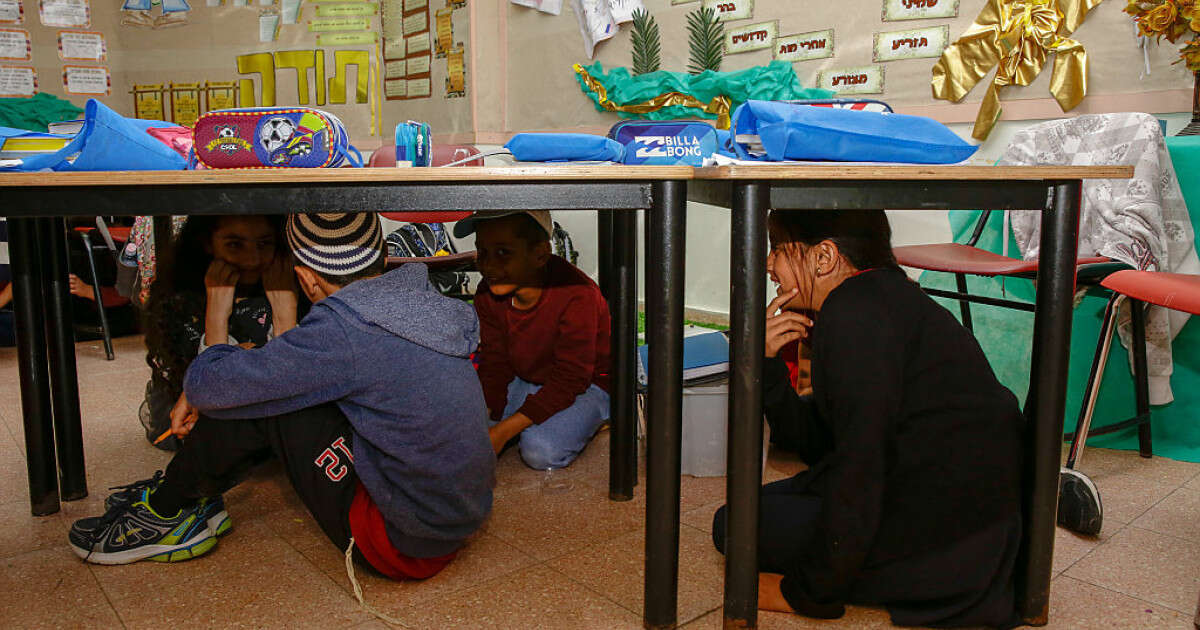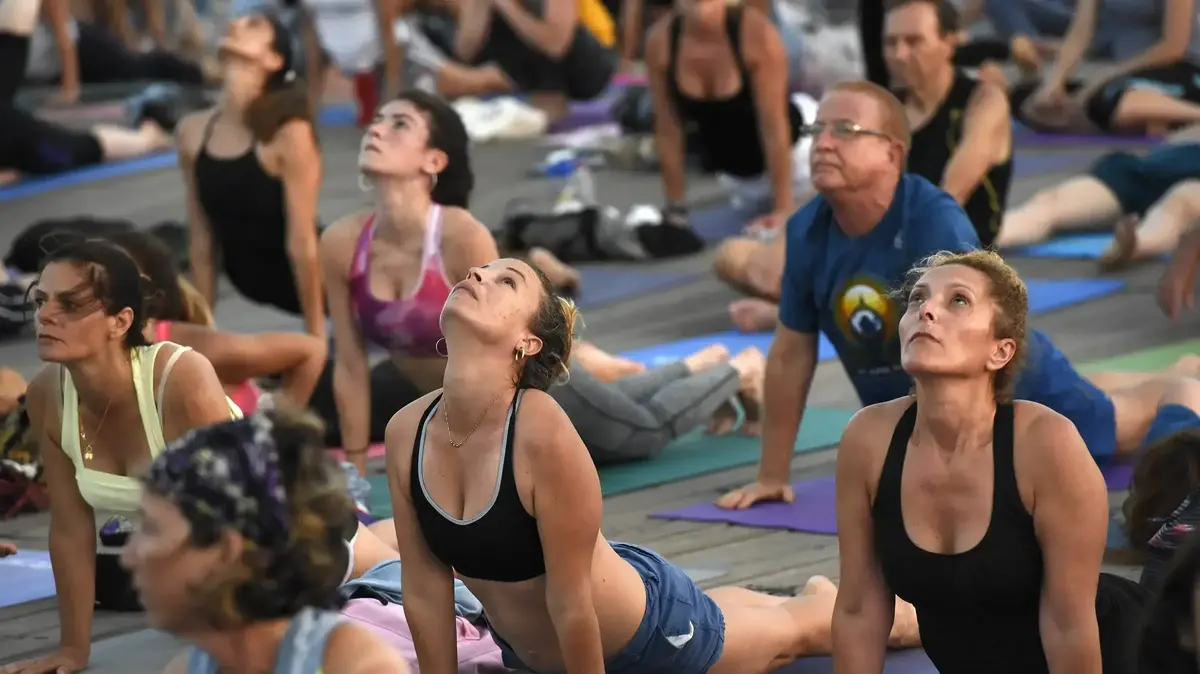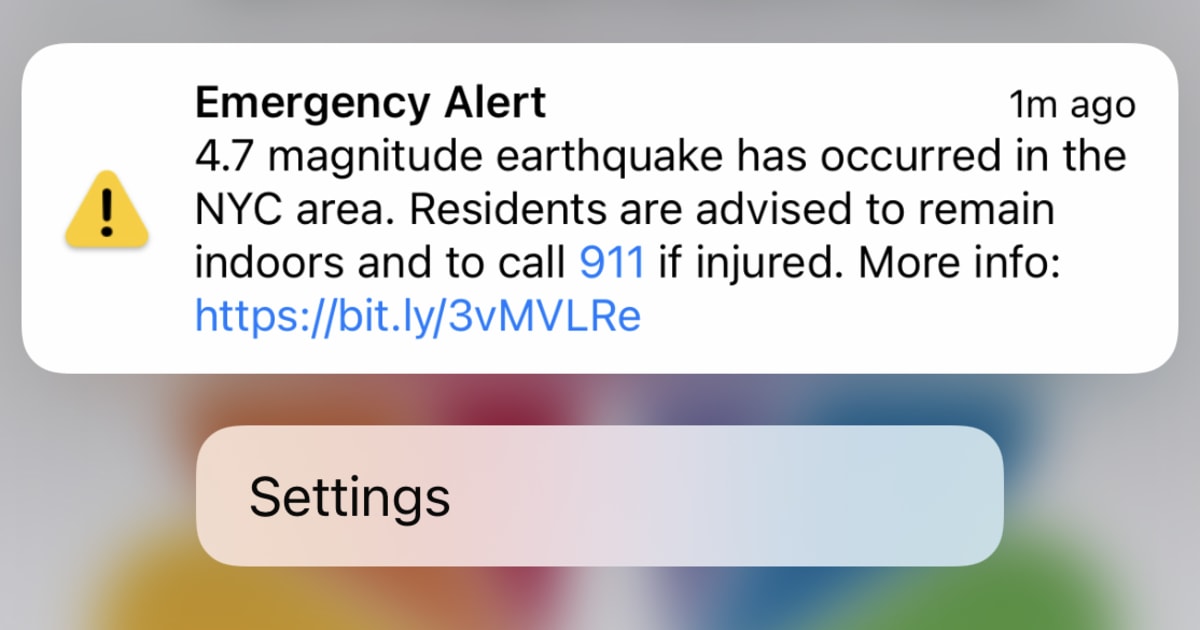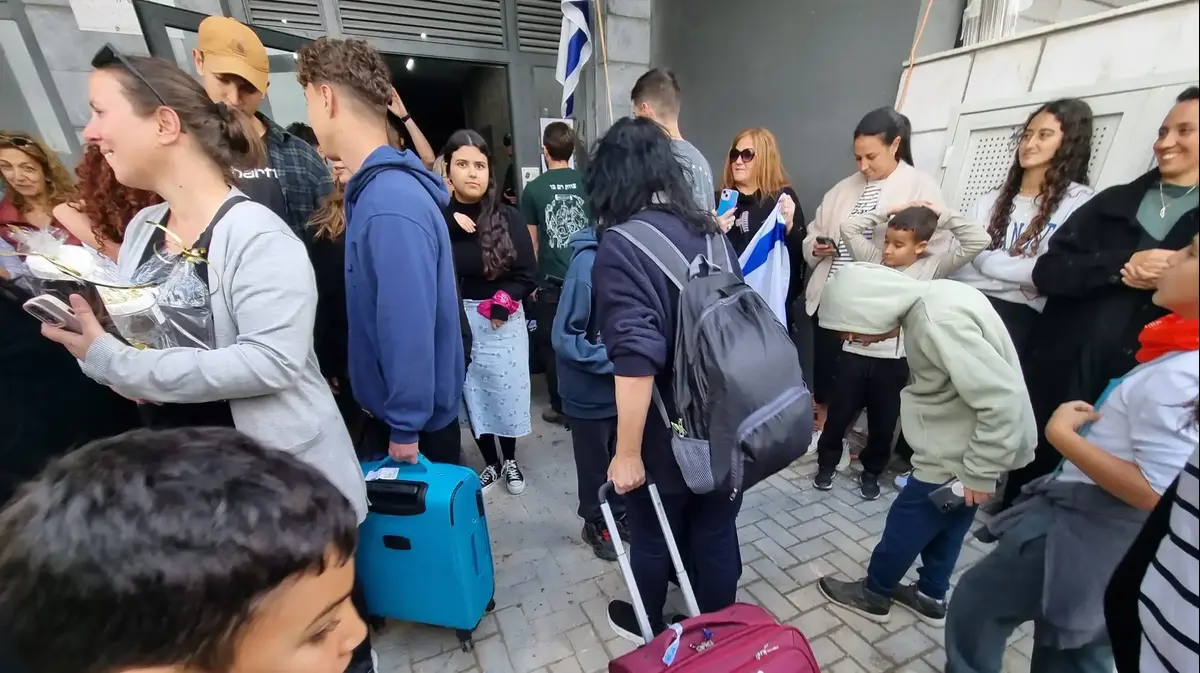A survey conducted by the Knesset at the "Periphery Center" conference raises a worrying picture • One third of peripheral residents are considering leaving
A survey by the Knesset Research and Information Center for the "Periphery Center" conference reveals that 40% of the periphery residents do not feel safe and 31% even consider leaving. 42% of Southern residents have no home security at all, and one out of seven peripheral residents lacks a security solution - home security or close public shelter. The situation in the Arab sector is much worse: one in four residents in the sector lacks some sort of protective solution.
Photo: Sderot Municipality, Newsenders
About half of the peripheral residents (49%) reported inaccessibility, with more than half of northern residents reporting inaccessibility and slightly less than half of southern residents reporting similar problems. The main difference in accessibility is between the Jewish population and the Arab population - the Jewish population's access to public shelters is twice as high as in the Arab population. One-third of Jewish respondents reported low accessibility and below, while among Arab respondents, about two-thirds. The same picture is obtained when examining satisfaction with the physical condition of the shelters - among the Jewish population, the satisfaction with the physical condition of the shelters is higher than in the Arabs.
Are considering leaving their home
The feeling of insecurity prompted 31% of Northern residents to say they wanted to leave their home in a safer area, and in the South, only 28% of residents raised this option. And why do you stay anyway? The main reason for the Arab population is the consideration of being close to the family - 51% of the Arabs in the south and 63% in the north. The main reason for Jewish residents is the cost of living - 49% in the south and 44% in the north.
Public Shelter // Photo: Joshua Joseph
The study shows that most residents in the periphery are satisfied with the emergency function during the emergency. In the case of satisfaction with the functioning of emergency services, it is evident that there is less satisfaction, especially in the treatment of a disadvantaged population - the elderly, the sick, the disabled and the children. With regard to emergency services, 85% of respondents in the south and 73% in the north answered that they were satisfied with the promptness and speed of responding, and even 86% of the south and 75% expressed satisfaction with the quality of the response.
Media coverage is inadequate
More than half of the peripheral residents are dissatisfied with media coverage of their area of residence, for this reason: 62% of respondents who say they are dissatisfied with the coverage are incomplete, 16.5% believe the coverage is unreliable, and 2% think the media covers the periphery "too much."
The comprehensive survey of the Knesset Research and Information Center is published on the occasion of the "Periphery Center" conference held Tuesday (Tuesday) in the Knesset reveals new and alarming data on the security feeling of the periphery residents. The data is based on a survey of 1,400 residents of the south and north, aged 25 and over, who represent a representative sample of the population (including the ratio of Jews to Arabs in these areas). The respondents are residents of the Ashdod area and south to Eilat, and in the north - from Acre, Afula and Beit Shean to the area of Metula.













/cloudfront-eu-central-1.images.arcpublishing.com/prisa/KMEYMJKESBAZBE4MRBAM4TGHIQ.jpg)

